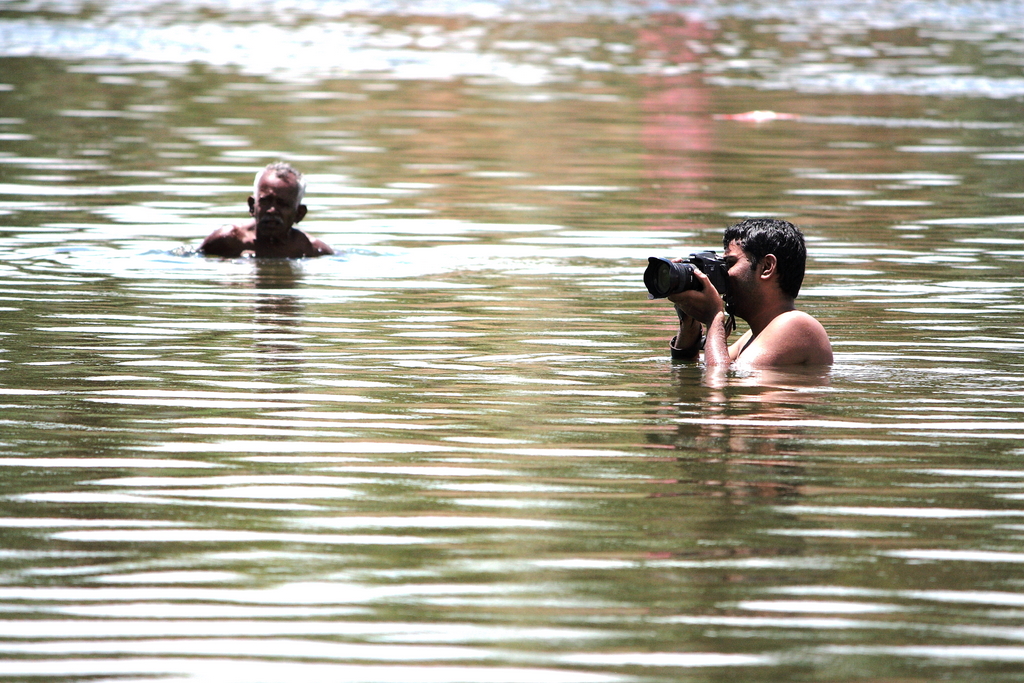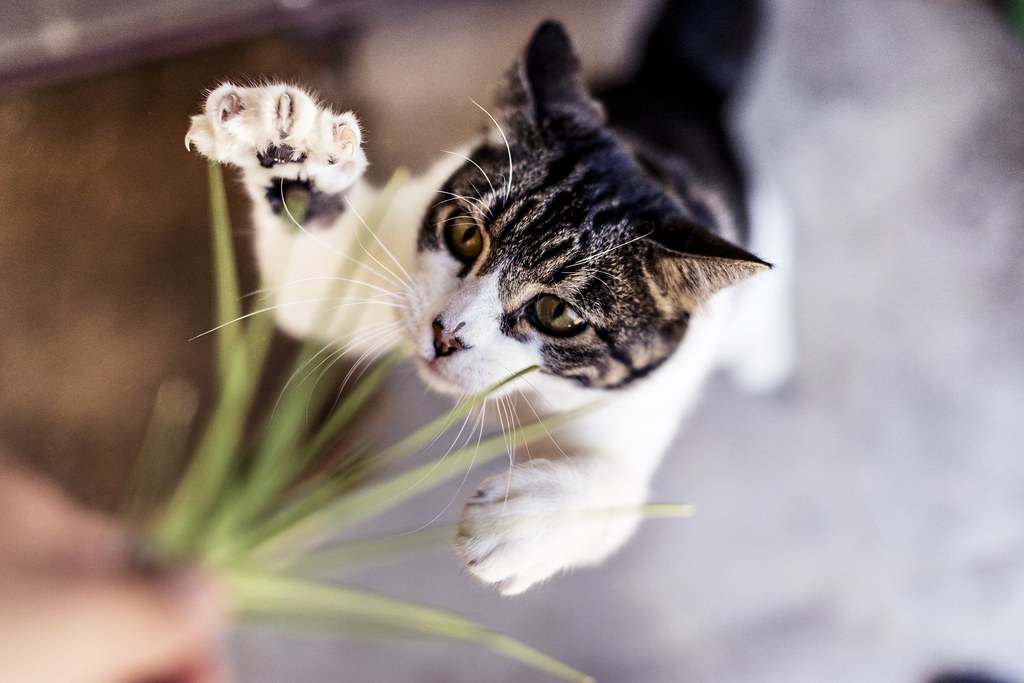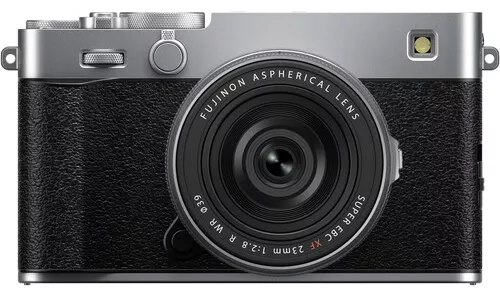All your gear, including your camera, are tools you use to capture great images. That is a fact – nothing new about it. However, any of these tools in themselves are not enough to make a good photo. They are nothing without your vision and insight behind them. As the photographer, you play the key role. Your knowledge of the workings of the equipment is important, but even that is not enough. There are many professionals who know parts of camera gear inside and out, but that's not what makes them photographers. If your mind isn't creative and focused in the right way, all the camera gear and experience in the world will not do you much good.
So with an aim to improving you photography, what should you do to acquire the right mindset?
There is no single straightforward method, but what I can do is provide you with some pointers that have helped me thrive in this field. I hope these do the same for you.
Focus
By “focus” I don’t mean the focus system on the camera or the lens. I am specifically discussing your mental focus. What do you want to focus on when doing photography? Do you want to shoot landscapes? Bugs? Stars? Portraits? Pick one or two photography genres that suit your personality best, and focus on those. Yes, you will also need to shoot other things in your photography career, but you must have a forte, something that you are passionate about and excel at. When you decide on what it is that you do best, nurture that focus. You will continue to evolve in your understanding of the subject, and in your ability to capture and express it. This is why you need to focus on it and rid yourself of other distractions that could “pollute” your mindset.
Determination
Photo by Mohamed Muha
Once you've set your goals (your focus, in other words), you need to be determined enough to achieve them. Make no mistake, photography is all about trial-and-error. It is an ups-and-downs kind of art/business. There are no guarantees, and it is a difficult and endless journey. Well, I should mention the obvious that the journey ends if you decide to give up. But your cannot make a success of your photography if you are easily tempted to quit! You need determination.
Think Outside The Box
 Photo by Simply CVR
Photo by Simply CVR
It is a good mental exercise to skip the first two or three ideas that you have for a certain subject. For example, your mind may start to instantly visualize a few shots when you stumble upon an interesting landscape. Try to ignore those impulses, on occasion, and open your mind to search for other angles. You are essentially forcing your mind to think beyond the conventional. This will help you most in times when you need to improvise, or when you need to shoot something that has been shot too many times before (like the Eiffel Tower, for example). Will it cost you some decent shots? Probably. Will it pay out in the long run? Most definitely. Why? Because your mind will have received powerful training in thinking outside the box.
When you are able to see the world a bit differently from everybody else, you have the upper hand in delivering content that most people aren't capable of experiencing. Most of the people that visit Paris will see the Eiffel Tower, but if you provide photos which are shot in a manner that differs greatly from the way that the average tourist takes pictures, then you are providing something new and worth seeing to the public. Your work will be distinguished, and so will you, as the unique photographer behind the unique experiences.
Think More, Shoot Less
 Photo by Daniel Lee
Photo by Daniel Lee
You've probably heard this axiom before, but the real meaning isn't actually thinking more. I feel that it would be more suiting if the phrase was “observe more, shoot less”. If you are shooting a basketball match and suddenly you see LeBron James going for a slam dunk, even capturing 14 frames per second doesn't guarantee that you will get the perfect shot. You would probably be better off taking 2-3 quality shots after observing and anticipating when will be the best time to press the shutter button. That patience, observation, and ability to anticipate is gained with training. This is especially true with mental training because remaining calm in split-second situations and making the right decision in that short time-frame requires a ready mind. Or sniper training.
Summary
Don’t fool yourself into thinking that having one or two quality pieces of camera gear is the key to improving your photography. Yes, the gear is important and has an effect, but 90% of the time, it is the photographer’s skill that counts most. Train your body to do what it is supposed to do with the gear, but also train your mind in to visualize and anticipate properly, and push your creativity to the next level.
At the end of the day, stay focused on your goals, keep your cool, and do all the things that others don’t do. It is the best way to stand out from the mainstream crowd (of photographers) and to improve your photography.





